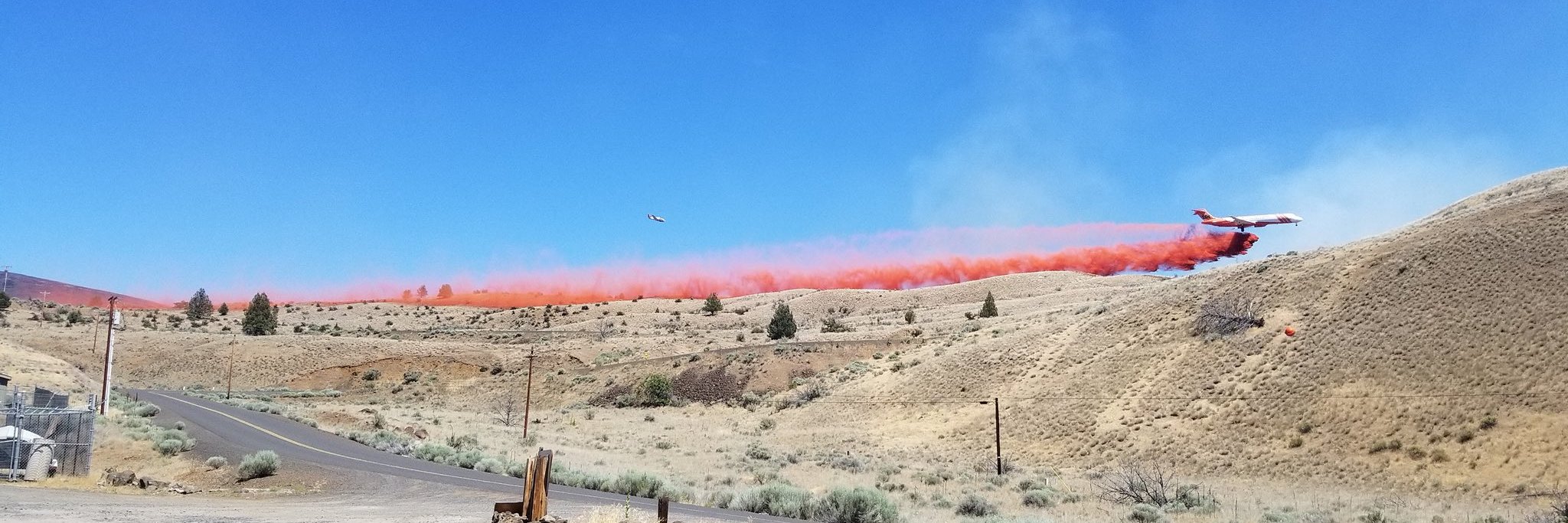Location: Southern Oregon, Southern Willamette Valley, Central Oregon, Northeastern Oregon, Central Columbia River Gorge
End date: Friday, Aug. 6 morning
Smoke sources: Fires in Oregon and Northern California
The Oregon Department of Environmental Quality issued an air quality advisory Wednesday for Southern, Central and Northeastern Oregon due to smoke from fires in Oregon and Northern California.
** Información en español **
Areas under advisory:
- Southern Oregon: Curry, Josephine, Jackson, Klamath, Lake and Douglas counties
- Southern Willamette Valley: Lane and Linn counties
- Central Oregon: Deschutes, Crook and Jefferson counties
- Northeastern Oregon: Wallowa, Baker and Union counties
- Central Columbia River Gorge: Umatilla, Morrow, Sherman, Gilliam and Wasco counties
DEQ expects the air quality advisory to last until Friday morning. Northeastern Oregon and the Central Columbia River Gorge area may see improvements today, with fluctuating smoke through Thursday evening. Southern and Central Oregon may have unhealthy air quality through at least Friday morning.
DEQ and partner agencies will continue to monitor smoke in these areas.
Health officials advise people to refill inhalers and air out homes and businesses when smoke levels improve to moderate or healthy (yellow or green on the Air Quality Index).
Smoke levels can change rapidly depending on weather. Check current conditions on the Oregon Smoke Information Blog, DEQ’s Air Quality Index, or by downloading the free OregonAIR app on your smartphone.
Smoke can irritate the eyes and lungs and worsen some medical conditions. People most at risk include infants and young children, people with heart or lung disease, older adults and pregnant women.
Protect yourself and your family when smoke levels are high:
- Stay inside if possible. Keep windows and doors closed.
- Avoid strenuous outdoor activity.
- Use high efficiency particulate air (HEPA) filters in indoor ventilation systems or portable air purifiers. Or create your own air purifying filter by following these instructions.
- Be aware of smoke in your area and avoid places with the highest levels.
- If you have heart or lung disease or asthma, follow your healthcare provider’s advice.
Cloth, dust and surgical masks don’t protect from the harmful particles in smoke. N95 or P100 respirators approved by NIOSH may offer protection, but they must be properly fitted and worn. They won’t work for everyone, especially children. People with heart or lung conditions should consult their doctor before wearing a respirator. Get more information about protecting your health during wildfires.




